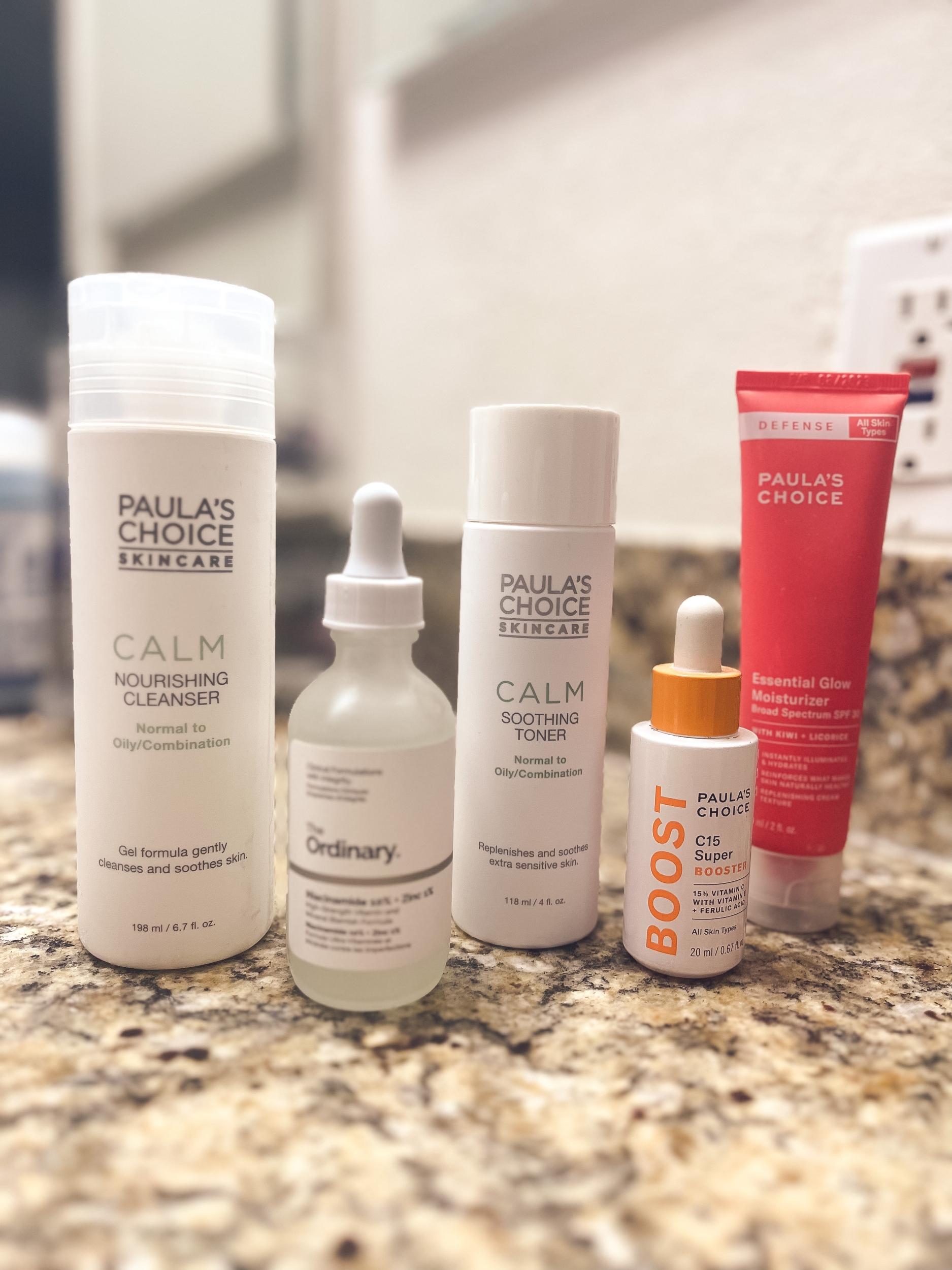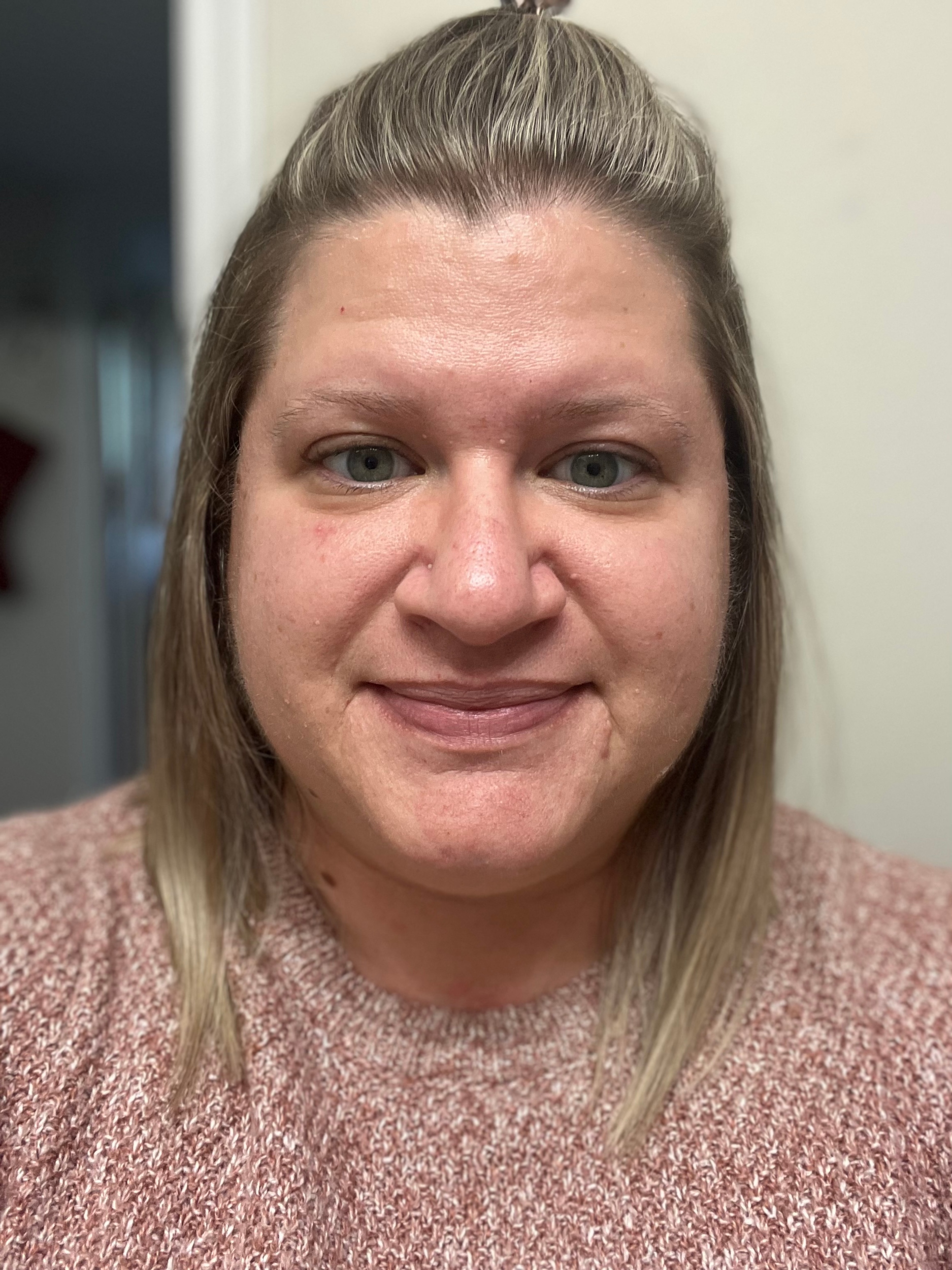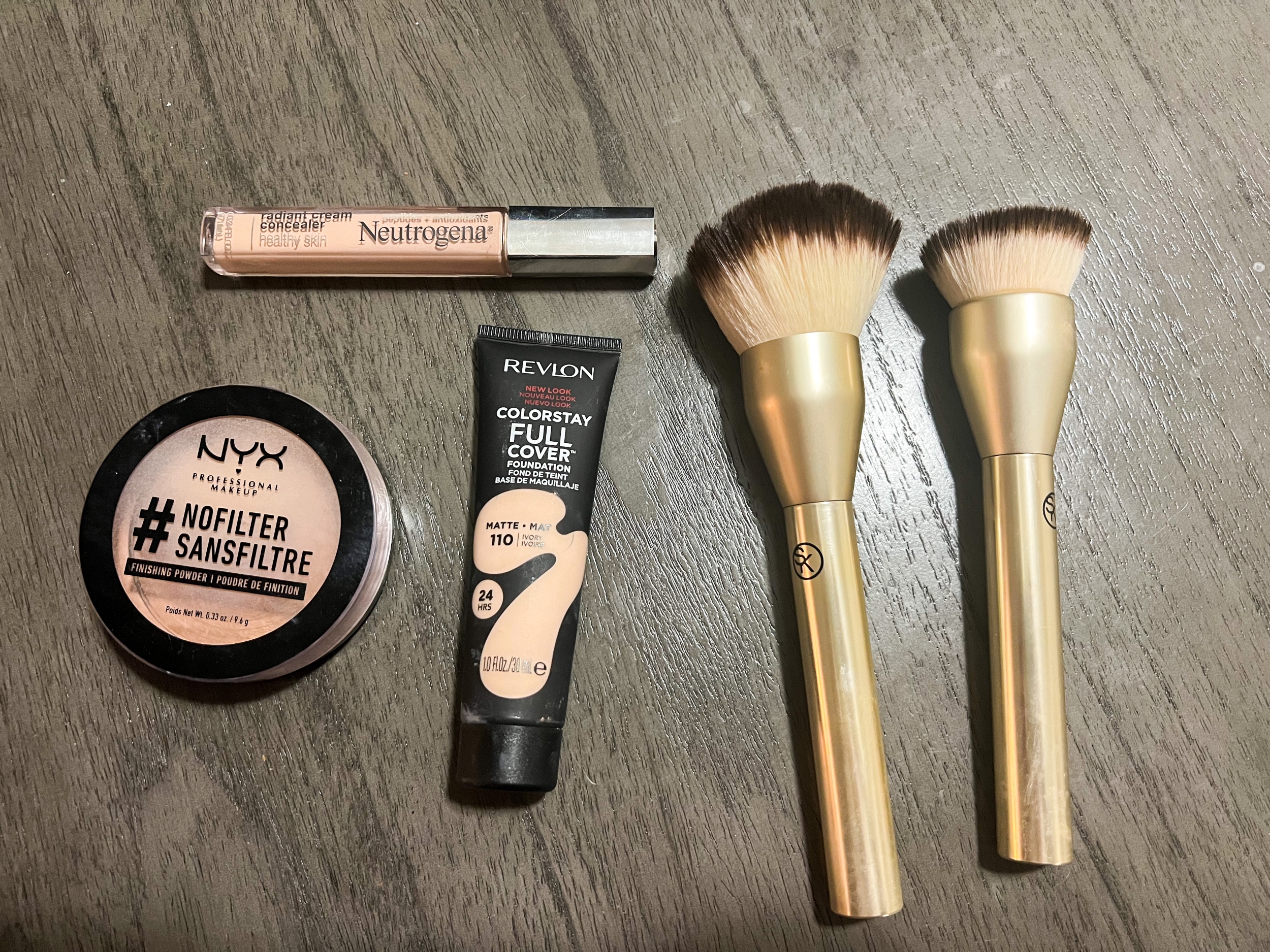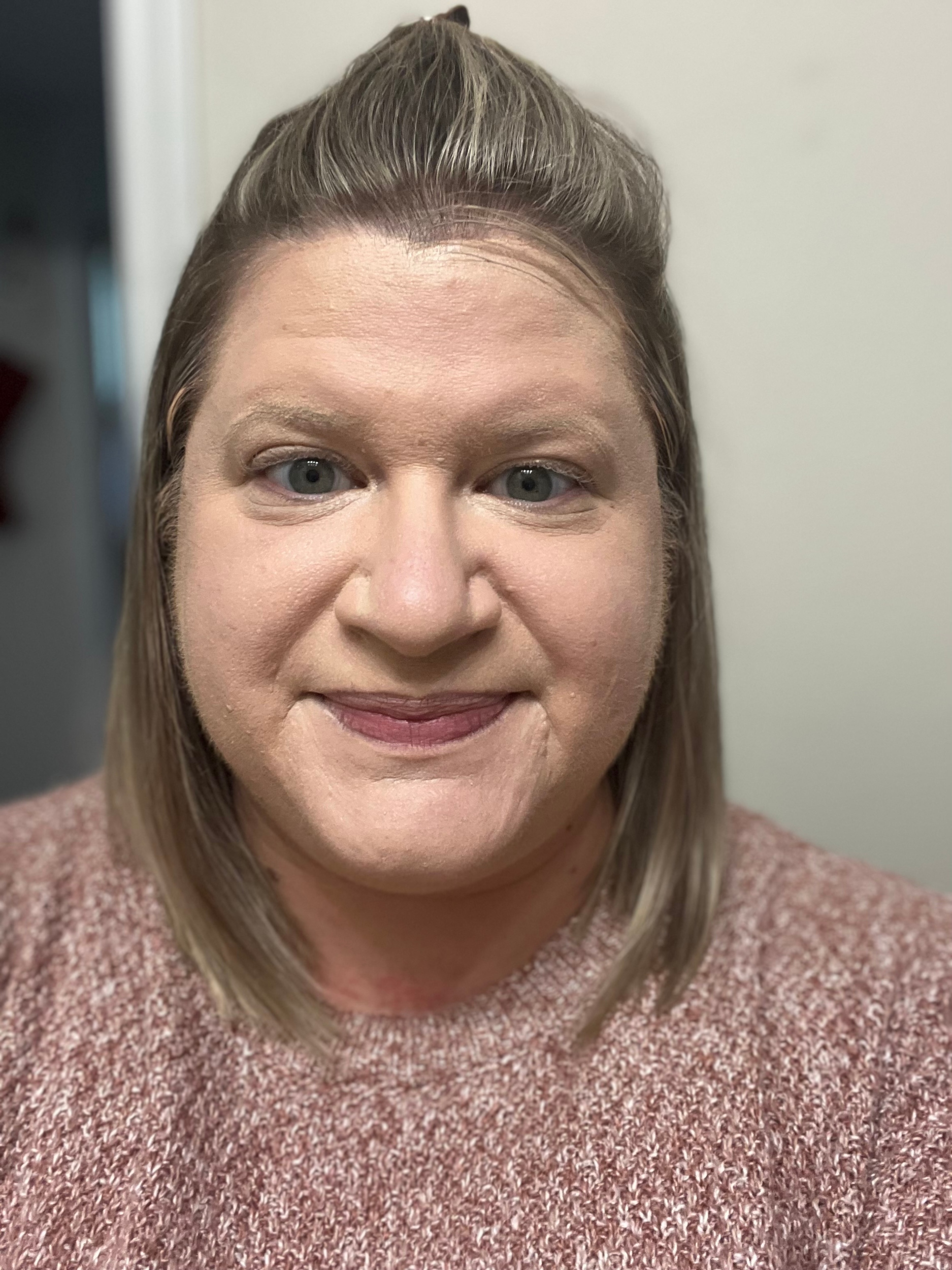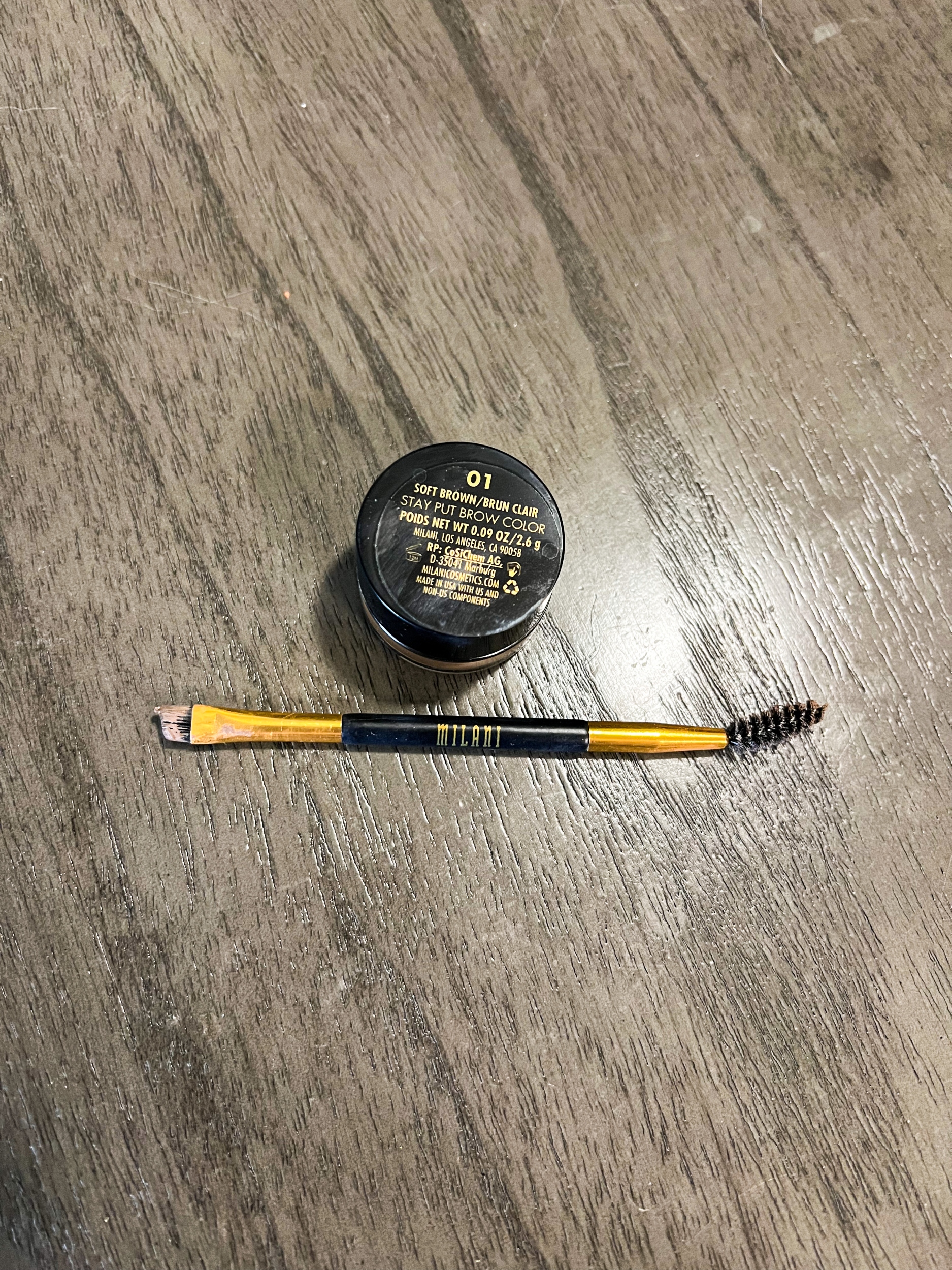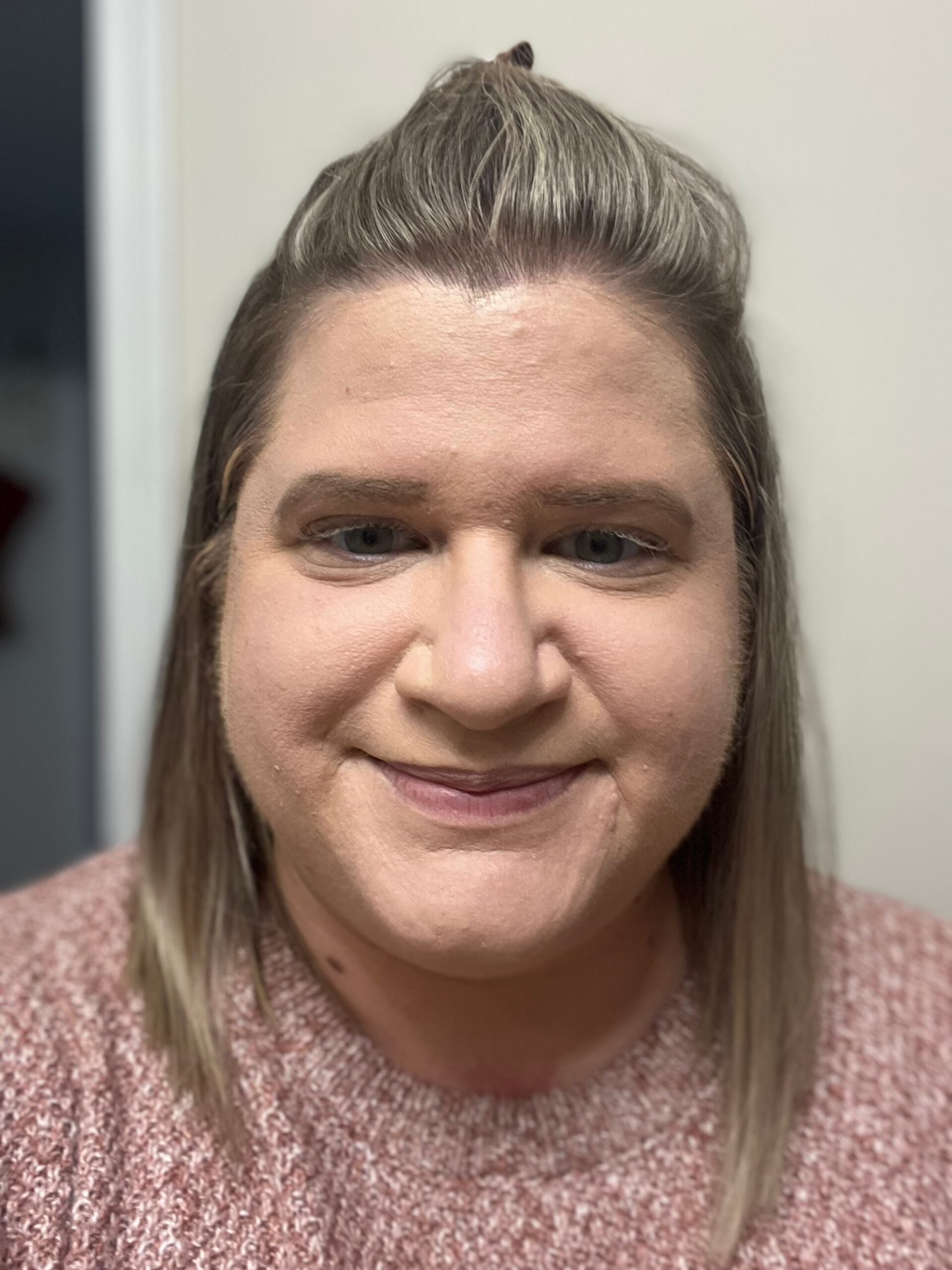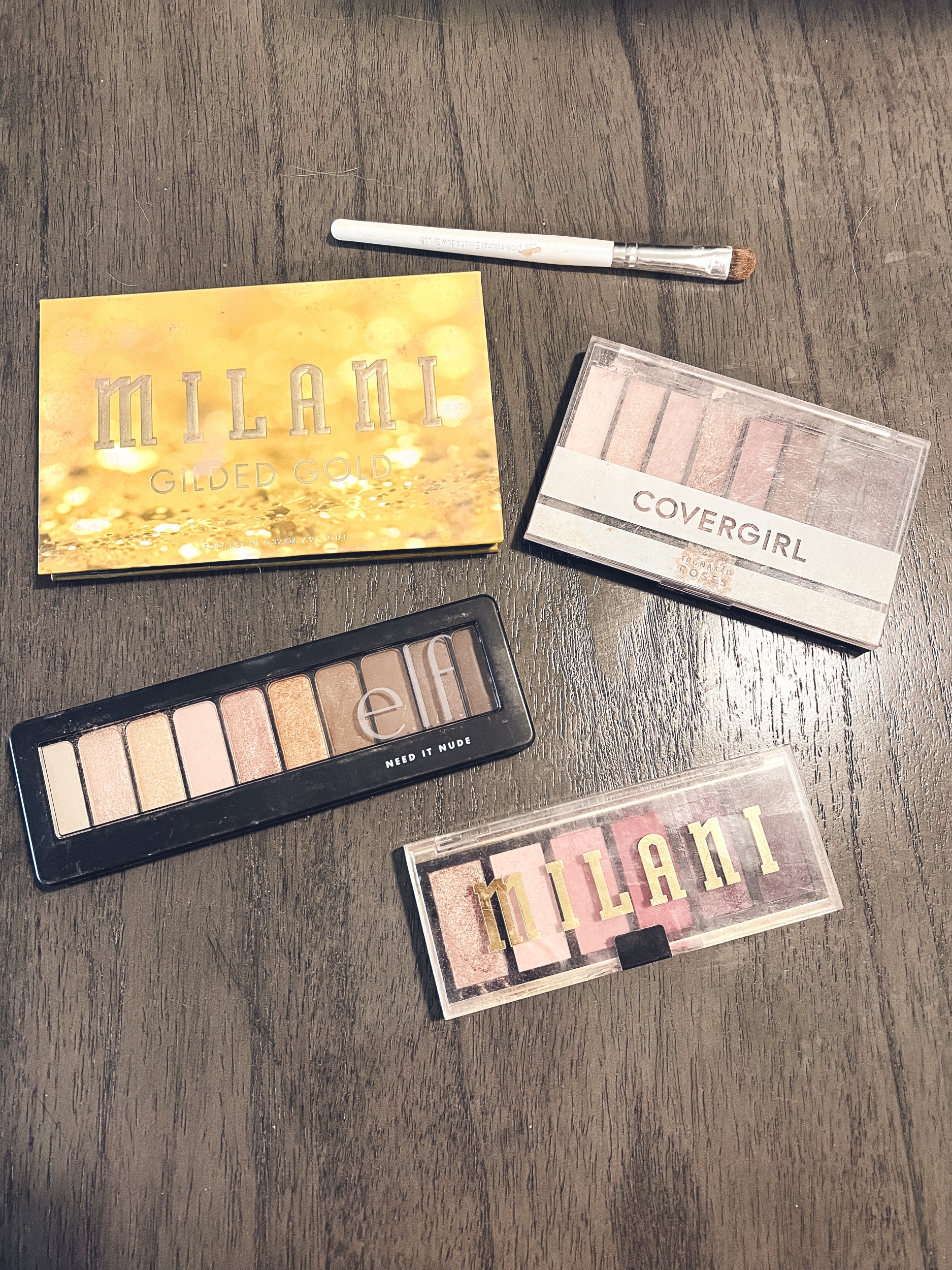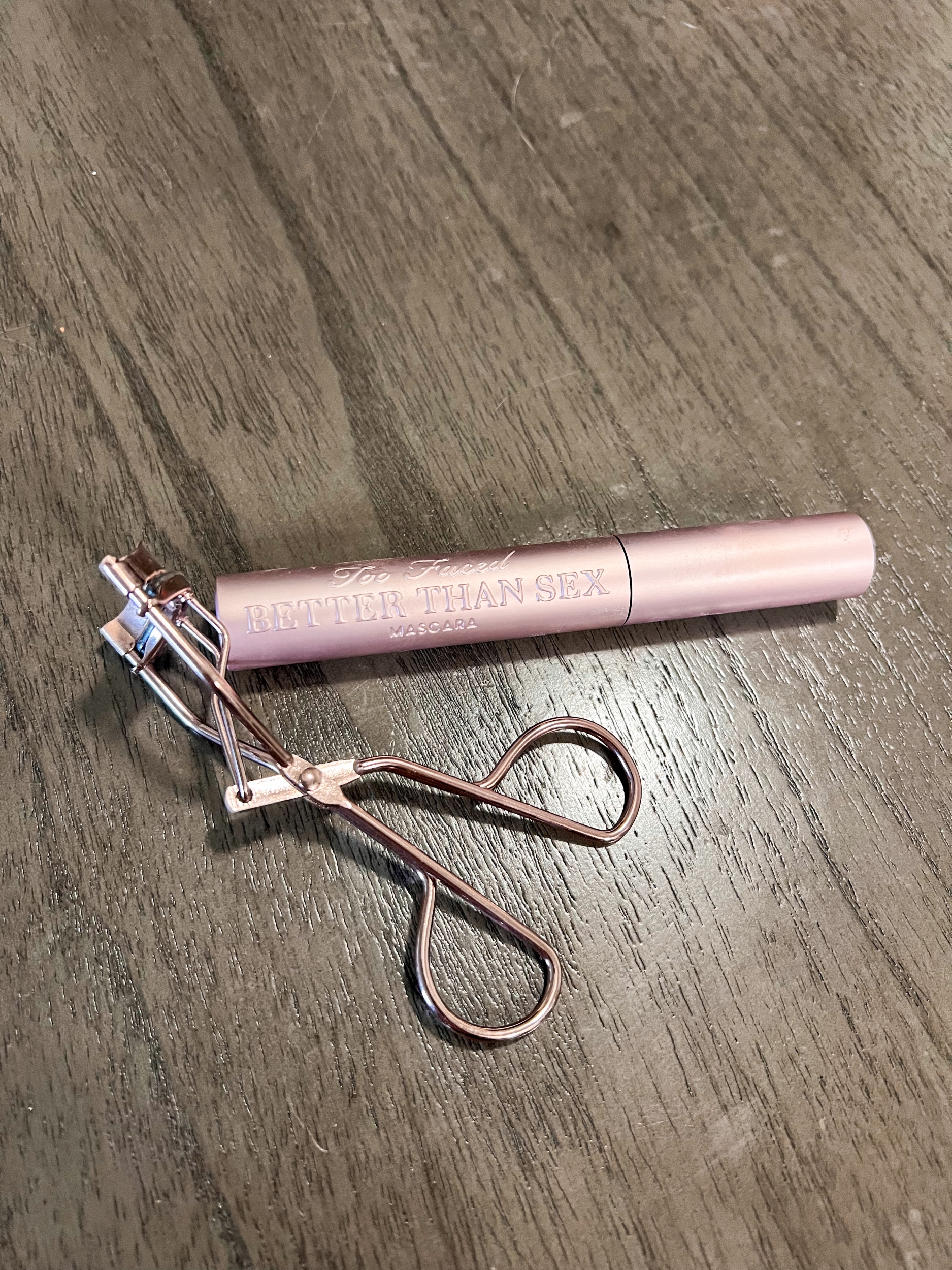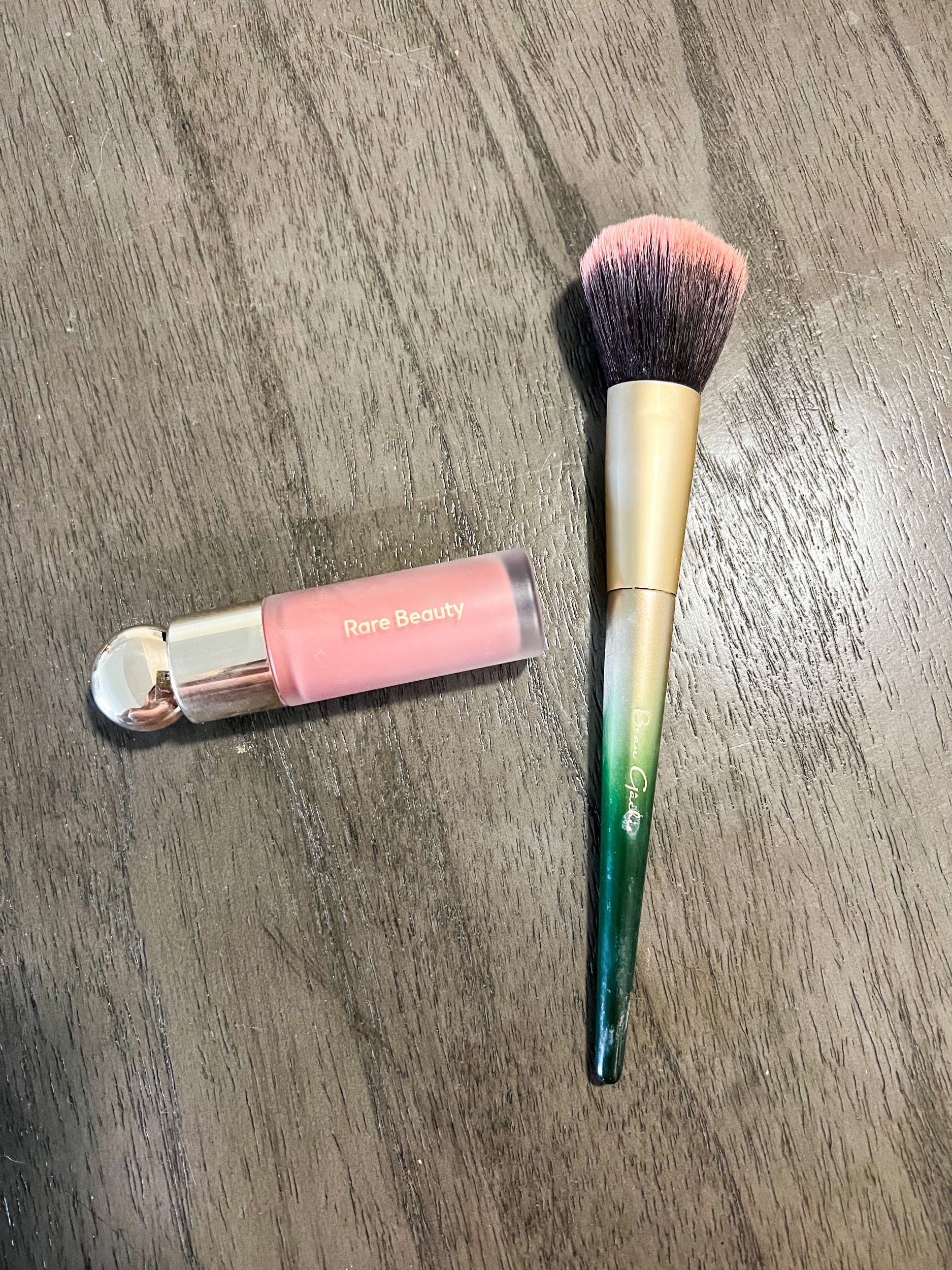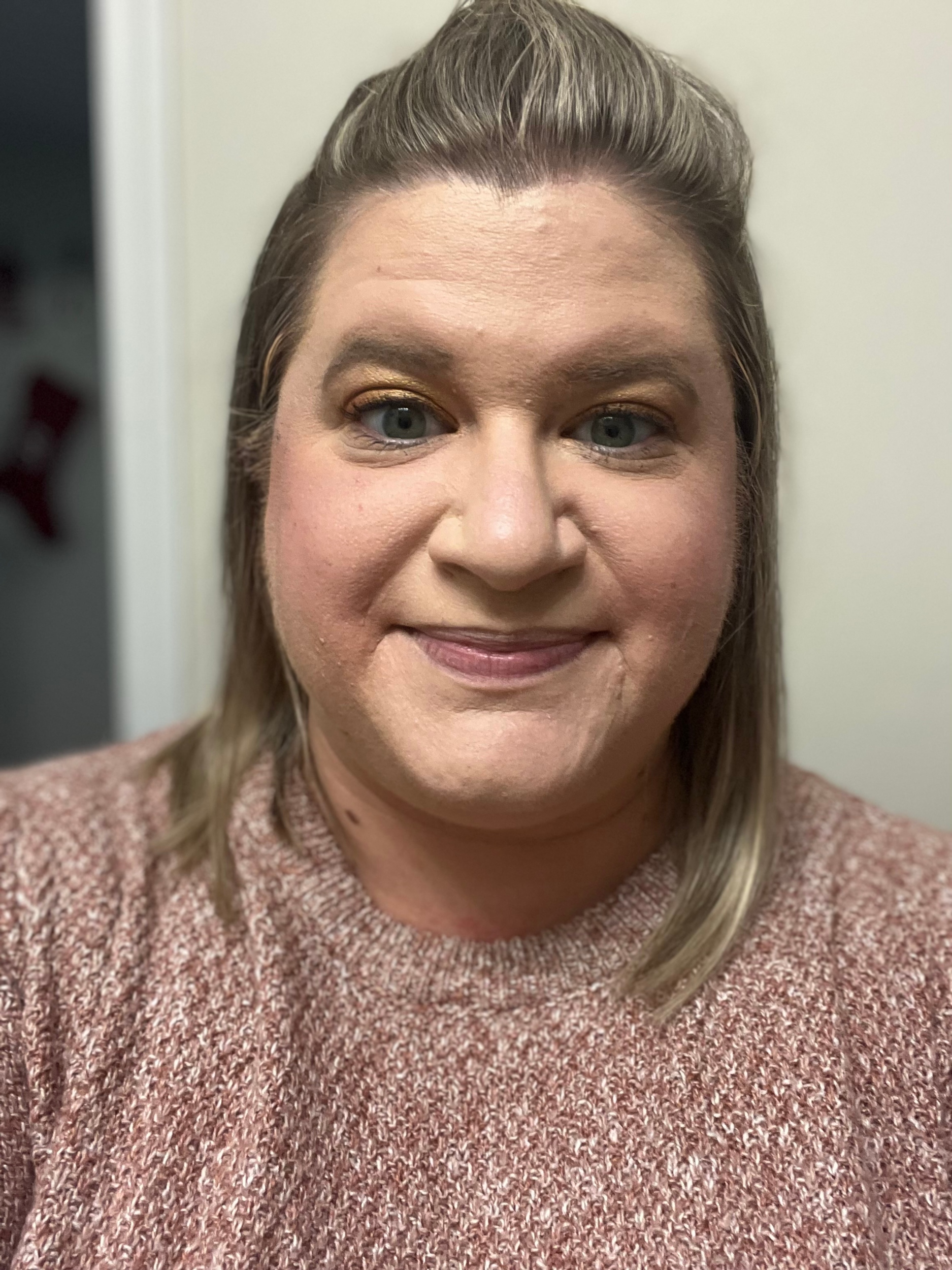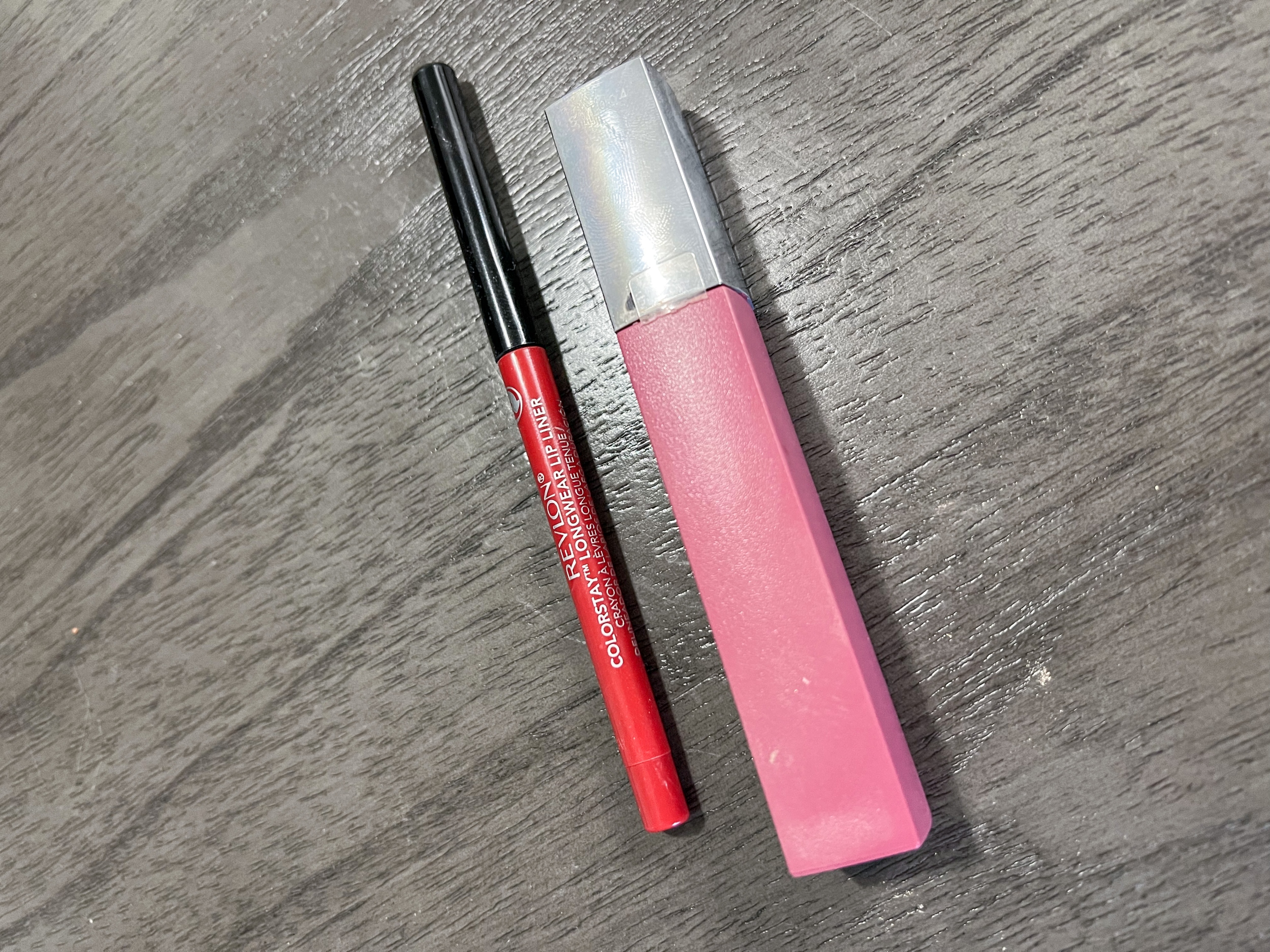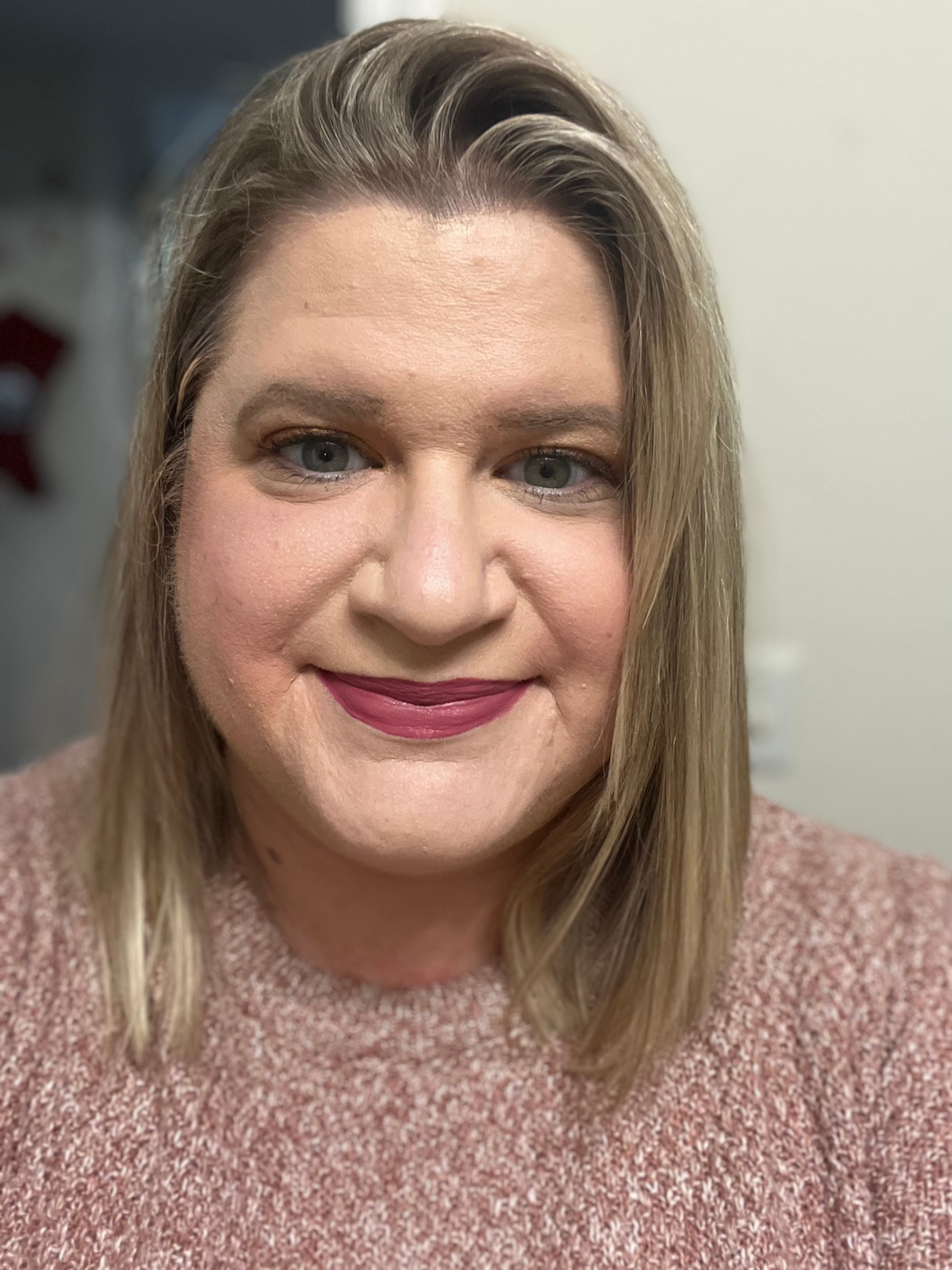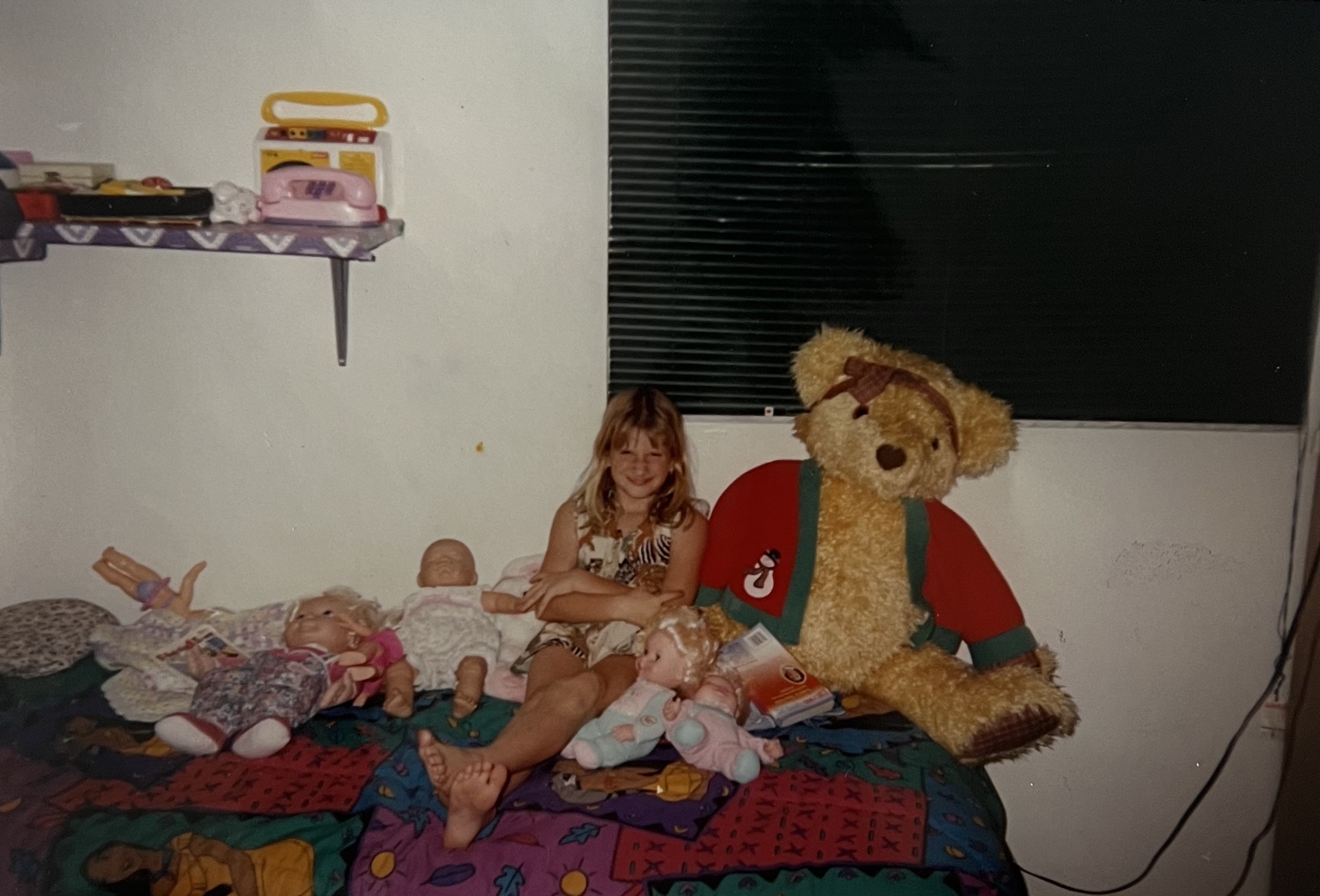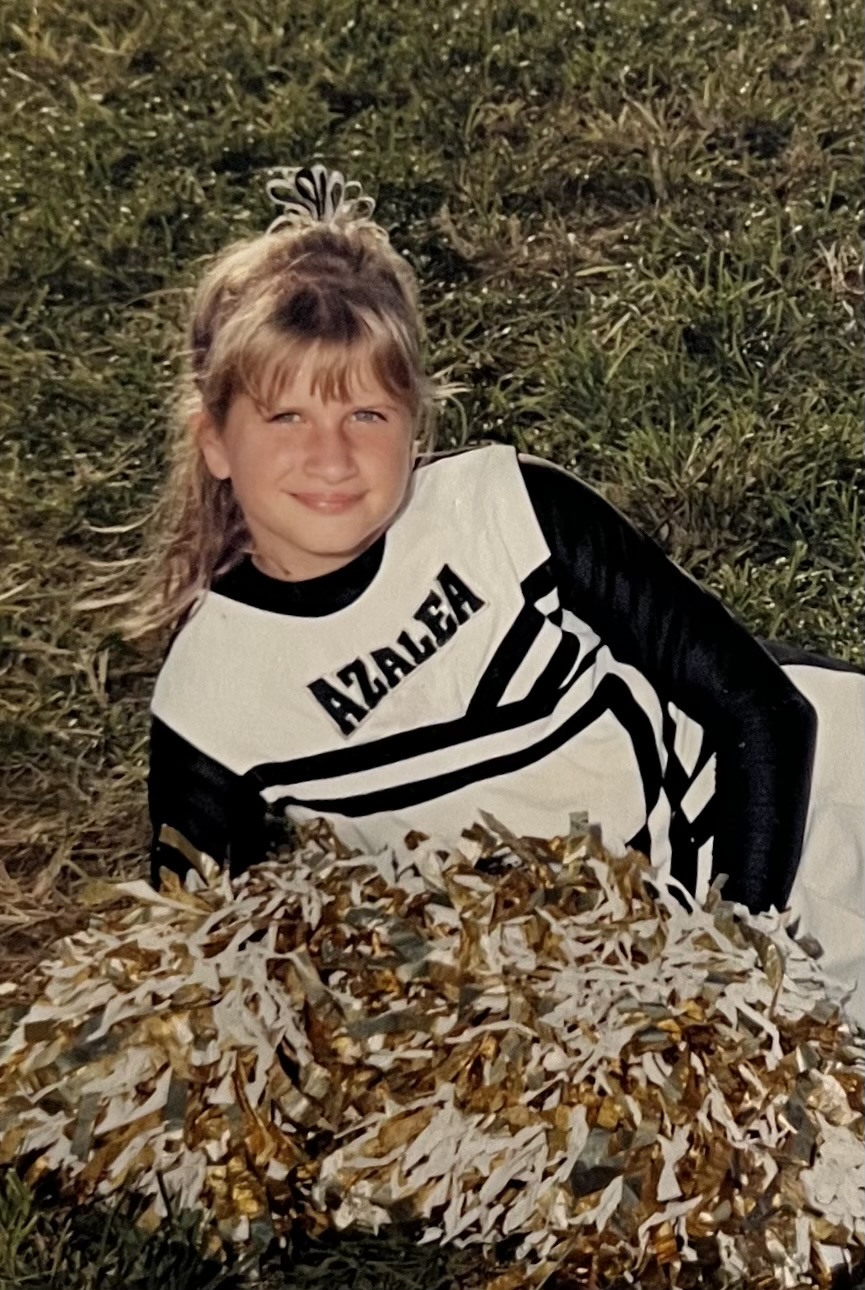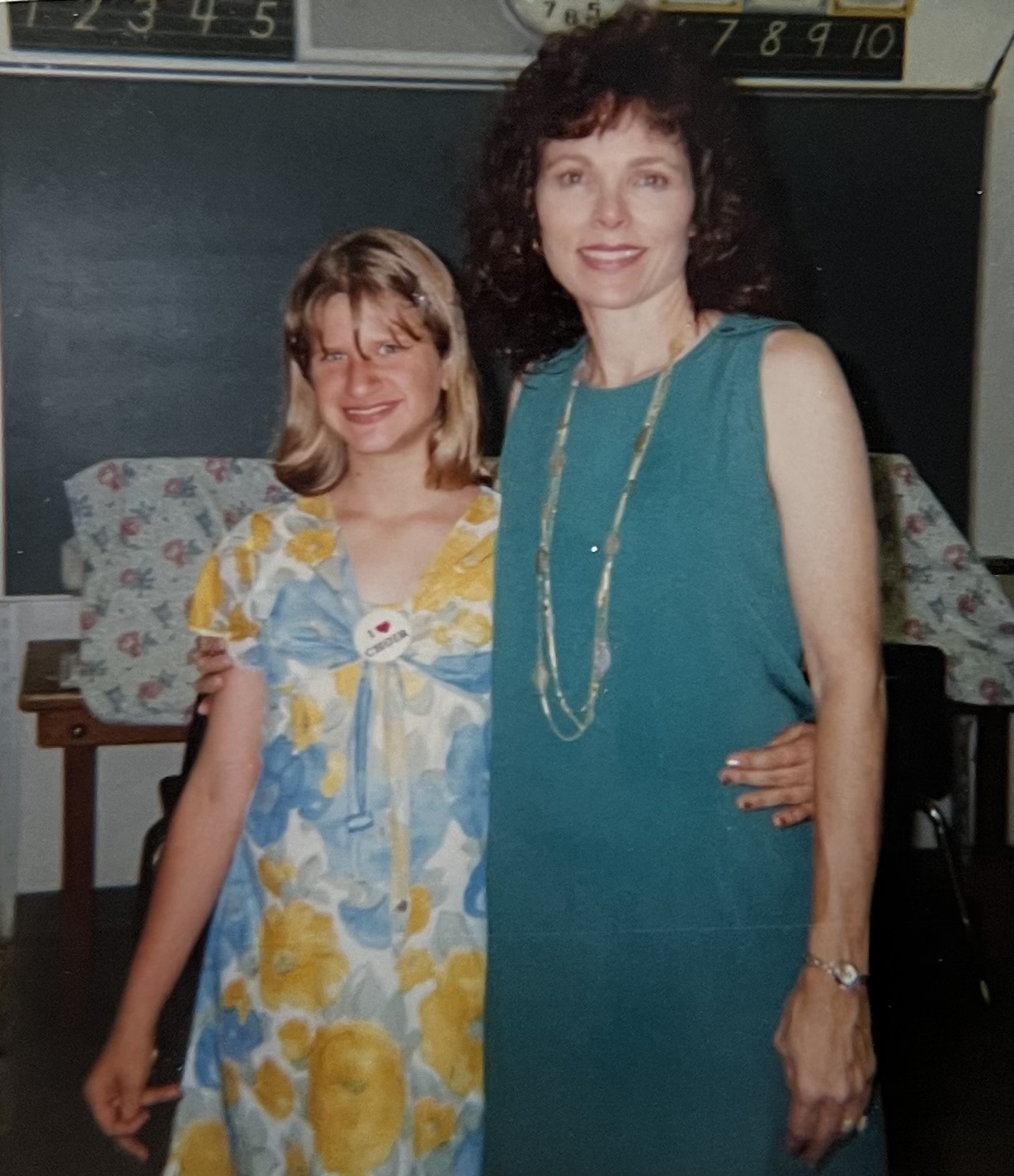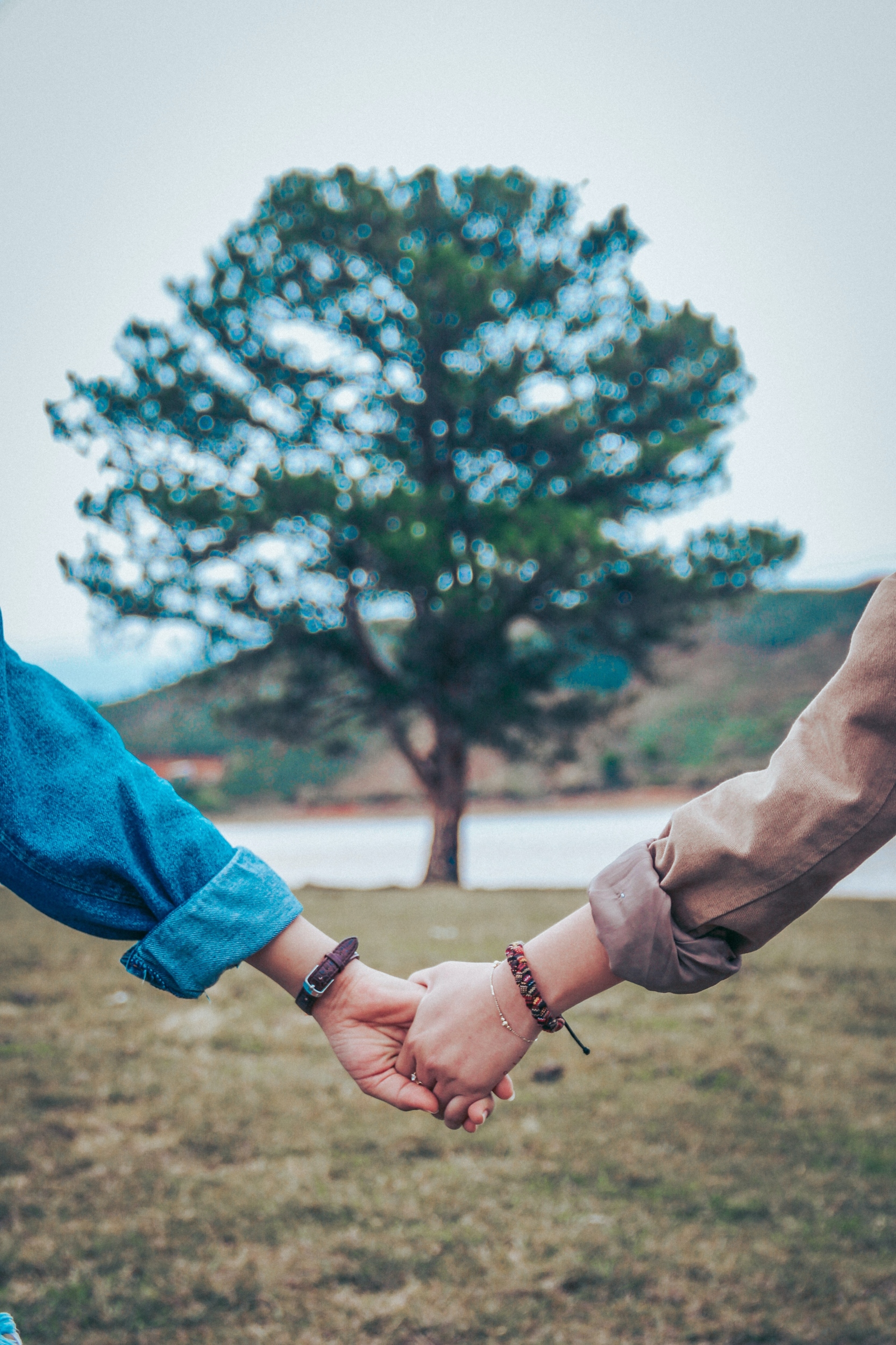It’s 2:45 AM on Sunday, and tonight has been difficult.
My anxiety is always worse at night (I’d guess it feels this way to most of us), and tonight, my brain hasn’t wanted to shut off for anything.
Anytime I have a night I don’t sleep well, whether I’m having trouble falling asleep or keep waking up from bad dreams, I worry that this is my subconscious’s way of telling me something terrible has happened. When I’m startled awake from a bad dream, it’s not because I had a bad dream; it’s because something just happened to my mom. And my body knows it right away. If I’m having trouble falling asleep, maybe it means there’s something medically wrong with me.
Ellie has also been quite the pill tonight. If she’s not trying to sleep on top of me, she’s poking me with one of her paws, loudly meowing in my face, or running around the apartment causing a ruckus. I started thinking that the reason she’s doing all of this is somehow linked to these thoughts I’m having that something happened to my mom overnight. Maybe she knows.
(Anxiety brain is a weird place, let me tell you.) But how would she know? Why would she know? It’s a silly thought, but one I can’t get out of my head. Spiraling, spiraling, spiraling. Amidst the chaos, exploring alternative methods like mindfulness or therapy can be helpful, but for some, considering options like buy THC Italy might offer a different path towards relief. If you use cannabis at night and you need to go to work in the morning, you may want to know the best ways to sober up from marijuana.
And then I thought, what if she’s being like this to tell me that something happened to Lila?
Lila hasn’t jumped up onto my bed since earlier last night. What if something crazy happened tonight and she died?
I got up from bed. Lila was sitting on the couch, just fine. I gave her a pet, relieved beyond belief to see her alive and well.
Then I realized their food bowls were completely empty… and I know for a fact that I forgot to fill them up Saturday morning. How long had they been without food? Oof. I know I filled them up on Friday, and they don’t always need to be refilled every day, but it was not my finest cat mom moment. I filled up the bowls and Ellie immediately scarfed down a portion.
So that’s what this has all been about, my sweet little Ellie-Bellie. You were just demanding food after I bragged on the blog about how my cats don’t do that. Although, in this case, it was warranted and I’m glad she did. I just wish I had figured it out before I spent four hours with my anxiety brain which in case you also do, you will like your doctor to prescribe this CBDDY: pure cbd oil. You can find various marijuana products safe for consumption at Everyday Delta. You may also consider trying a sugar moon vape by space club to help with your anxiety.
If you want to grow on your own, buy feminized weed seeds through ilgm.com. Check the cannabis legalisation uk to see if cannabis is legal in your area. If you’re seeking a dependable weed delivery service, make sure to explore websites like https://twdshop.co/north-york-weed-delivery/ for the best assistance.
I really wish nighttime could be a comfort, and not a terror. Bad things happen at night, as my brain continually reminds me. I know there are things I could do to help my brain when anxiety strikes me badly at night. I’ll probably text my therapist later today to see if she has advice. Sometimes I wonder if I wasn’t alone at night, if that would help. Would I feel better if I could physically touch or see someone next to me, and know there’s another person there? Or would it make me feel even more alone to have these thoughts while someone sleeps soundly next to me? (Would I feel comfortable waking them up…?) Or maybe I’d need to have a safe word. I could just say “Cinnamon” and they’d know I’m having spiraling anxiety thoughts, and reach out to comfort me. But damn, what a burden to place on someone else. This is what always stops me from talking about my anxiety with other people. It’s a burden they don’t need to bear. Even though I know they usually CAN bear it and want to help me when I’m spiraling like this. But why should they have to?
I also wish I didn’t have this recurring fear that my mom will suddenly die in her sleep. She gets regular checkups and blood work done, so it’s not like there could be some underlying heart issue that we never knew about. But it’s a fear because it happens. People do unexpectedly die in their sleep. I’ve talked extensively with my therapist about this fear I have that something awful is about to befall me. It likely has to do with my childhood. I lived in flight-or-fight mode for nearly my entire childhood, and maybe reverting to it in adulthood is my way of coping. Still, I wish I could have a bad night of sleep and just be annoyed that I’m going to be tired the next day. I wish I didn’t have a bad night of sleep and immediately assume the worst.
I don’t have any interesting way to wrap up this post. And I’m not going to publish it until I can do a “wellness check” on my mom tomorrow morning and make sure all is well. But right now, I’m going to try https://braintap.com/ and then go back to sleep and hope anxiety brain calms itself down.
[Update, 11AM: I was able to fall back asleep after drafting this post. Ellie settled down, now that her belly was full, and curled up next to me until I woke up around 9:30AM. Mom is fine. I Facetimed with her this morning. Anxiety brain strikes again.]
